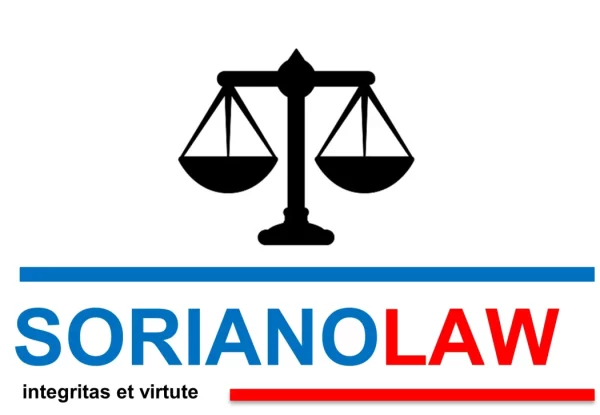The workforce has witnessed women across all industries, often leading or excelling. Most of these women workers are also wives and/or mothers. Both—paid work and motherhood—demand women to make sacrifices to meet the needs and priorities at the workplace or at home. Their hard work and sacrifice drive this country’s progress.
In celebration of both Labor Day and Mother’s Day, we gathered several laws for the protection of working mothers:
- Maternity Leave (Under R.A. 11210 or the 105-Day Expanded Maternity Leave Law)
Females working in the private or public sectors, including those in the informal economy, regardless of civil status or the legitimacy of their child are entitled to maternity leave for up to 105 days with full pay, and an option to extend for an additional thirty (30) days without pay.
Maternity leave is for up to 60 days with full pay in case of miscarriage or emergency termination of pregnancy. For solo parents, there is also an additional fifteen (15) days maternity leave with full pay.
- Special Leave (Under R.A. 9710 or The Magna Carta of Women)
Females, regardless of age and civil status, who have been working for at least twelve (12) months and have rendered at least six (6) months of continued aggregate service either in the private sector or in the public sector in any various government agencies, are entitled to a special leave for up to two (2) months with full pay following any surgery caused by gynecological disorders.
- VAWC Leave (Under R.A. 9262 or the Anti-Violence Against Women and Children Act)
Women who are victims of physical, sexual, psychological, economic violence, and other acts prohibited under the VAWC law are entitled to a leave for up to ten (10) days with full pay, and even extendible when the need arises. This leave is in addition to any other leaves granted by the law.
- Parental Leave ((Under R.A. 11861 or the Expanded Solo Parents Welfare Act)
Solo parents working in the private or public sector, regardless of employment status, are entitled to a parental leave of not more than seven (7) days per year with full pay, provided that they have rendered service for at least six (6) months.
- Protection against gender-based sexual harassment in the workplace (Under R.A. 11313 or the Safe Spaces Act)
Any person who has experienced any unwelcome sexual advances, requests or demand for sexual favor, any act of a sexual nature, whether done verbally, physically, or through the use of technology that has or could have a detrimental effect on the person’s employment or education, job performance, opportunities or the person’s dignity, or any other act that creates an intimidating, hostile, or humiliating environment for such person may file a criminal complaint for the violation of the Safe Spaces Act with the appropriate court.
- Working Conditions for Women (Under the Labor Code of the Philippines)
Night Work Prohibition
Women, regardless of age, are prohibited to work in any of the following: (1) in any industrial undertaking between 10:00pm to 6:00am; (2) in any commercial or non-industrial undertaking other than agricultural between 12:00am to 6:00am; and (3) in any agricultural undertaking at nighttime, unless she is given a rest period of not less than nine (9) consecutive hours.
(See exceptions under Article 131 of the Labor Code)
Facilities for Women
Women, regardless of age, are required to be provided with the following: (1) proper seats and permission to use these seats when they are free from work and during work hours if they can perform their duties with efficiency; (2) separate toilet rooms and lavatories, and at least a dressing room for women; (3) nursery room in their workplaces; and (4) determination of appropriate minimum age and other standards for retirement or termination in special occupations i.e. flight attendants and the like.
Discrimination
Women, regardless of age, are entitled to proper payment of compensation, including wage, salary, or other form of renumeration and fringe benefits. The Labor Code prohibits payment of a lesser compensation as against a male employee for work of equal value.
Furthermore, the same Code prohibits favoring a male employee over a female employee concerning matters on promotion, training opportunities, study, and scholarship grants solely on account of their sex.
